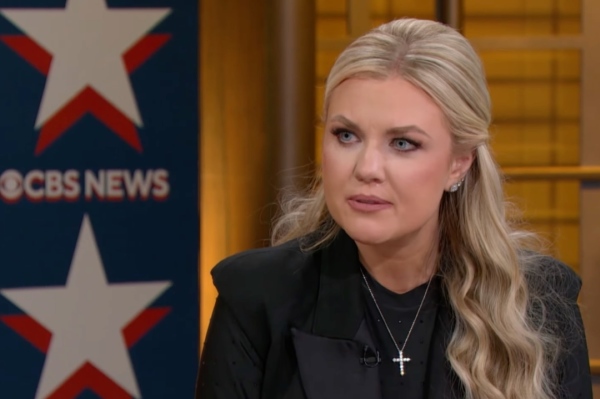Christian voting myth No. 3: 'I don’t like either candidate, so what’s the point?'
This is part 3 of a 4-part series debunking four common myths Christians use to not vote. Read myth #1: “One Vote Doesn’t Make a Difference” and myth #2: “God Is in Charge Anyway So It Doesn’t Matter if I Vote”

In an ideal world, you would always have the option to vote for really great people that you agree with in every respect. In the real world, however, your ballot may give you choices that make you feel less like you’re choosing someone to represent your values and more like you are choosing a cancer treatment. In that situation, what you want most is a different option. But sometimes there is no different option. What should you do then?
For a lot of people, the answer is “nothing.” Instead of voting, they choose to be absent from the process, absolve themselves of responsibility, and blame God for allowing it to come to this.
One reason it’s sometimes difficult to vote is because we want to support someone without reservation. On social media, we “like” people that we care about, things that makes us laugh, or ideas that we agree with. Our “like” is our stamp of approval. If we only like it a little bit, we’re likely to move on to something else.
There’s a temptation to treat our ballot the same way. If we can’t give unqualified support, we are tempted to abstain and wait for something better. But voting is not like social media. It’s more like filling a job vacancy. The job has to be filled and the Constitution has dictated the timeline. The fact that you haven’t found the ideal candidate may be frustrating, but it is not relevant to the fact that the job is going to be filled.
Your desire to find someone you can give unqualified support to is noted but not especially helpful under the circumstances. In that situation, it may be more helpful to think less about good and bad and more about better or worse. Is that possible? Maybe.
Character always matters, but if a completely virtuous person is not one of your choices, maybe the policies represented by one candidate are more virtuous than the policies of the other candidates. Is one candidate working on behalf of the abortion industry while the other works to defend life? Does one candidate defend conscience rights while the other supports suing nuns and churches that live out their faith? Does one candidate want parents involved in their child’s education and health care decisions while the other wants the state to interfere with parental rights? In a situation where all the candidates are flawed, we might be able to find clarity if we allow ourselves to think less about people involved and more about policies that will be affected.
In addition, if there is no “best candidate,” it may be helpful to think about the “best team.” No politician works alone. Most candidates are part of a political party, and all candidates have donors and supporters. Executive offices, like mayors, governors, and presidents also appoint cabinet members, judges, ambassadors, and thousands of other positions that affect how government operates.
Which candidate, for political reasons, is going to be pressured more often to do things you like and which candidate is going to face pressure to do things you won’t like? If the two foremen are not people you especially care for, is there a reason to prefer one crew over another?
Though it sometimes seems the end is near, we do still live on earth and that means we will be consistently faced with imperfect choices. It would be nice if the choice was always clearly good or evil, but it’s not. Sometimes the choice is better or worse, and if you aren’t willing to choose better, you may find yourself stuck with worse.
Joseph Backholm is Senior Fellow for Biblical Worldview and Strategic Engagement at Family Research Council.





















